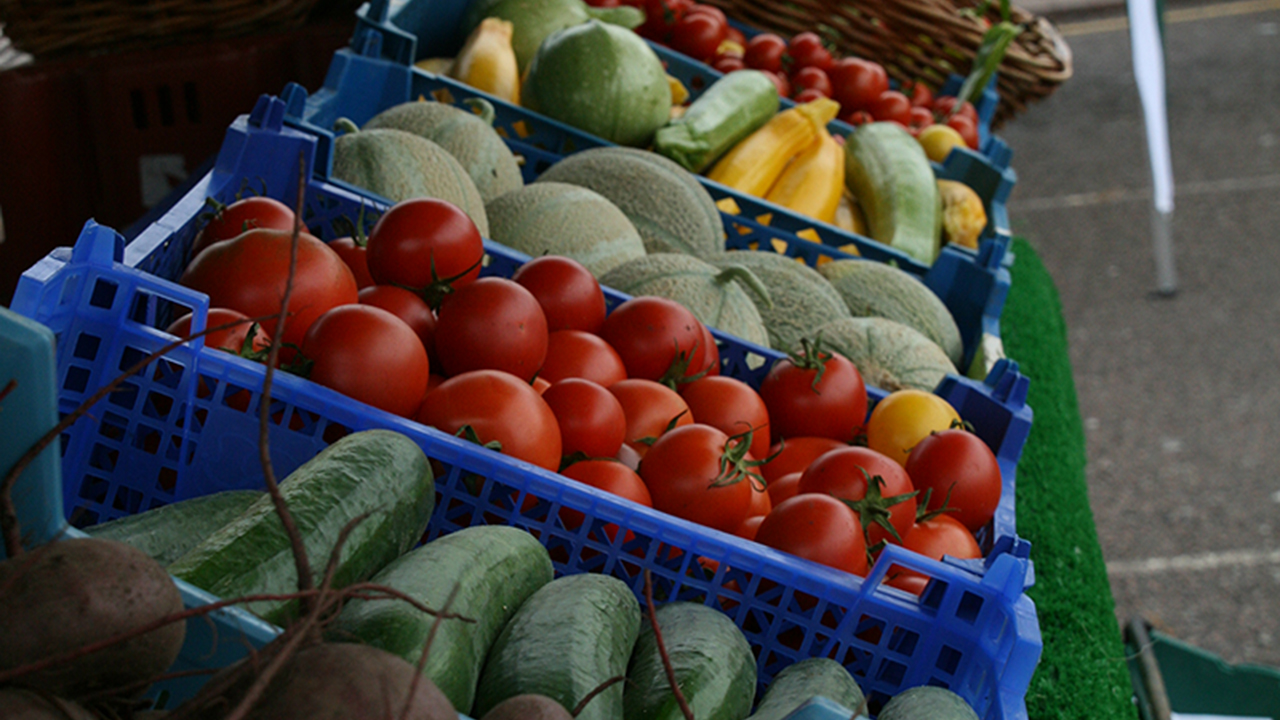Contract Period : 01/06/2022 - 01/06/2024
Main Funder : John Pain
ORC Staff Contact : Rowan Dumper-Pollard

The Marketing of Organics Project is a three-year ORC research programme, looking to identify clearer routes to growth in organic food supply chains and a better understanding of consumer perceptions of organic produce.
The project has six core objectives:
Stakeholder Engagement Workshop held at Yeo Valley Farms – attended by OTB, Yeo Valley, Soil Association, Lucy MacLennan and John Pain – feeding into the survey design to ensure it has a relevance and use for the sector.
UK ORGANIC and the Organic Research Centre are excited to announce the release of the much-anticipated Consumer Insights Report 2024. In a collaborative effort to support and strengthen the organic sector, both organisations have decided to make this valuable report freely available to the industry. See: https://www.organicresearchcentre.com/news-events/news/consumer-insights-report/